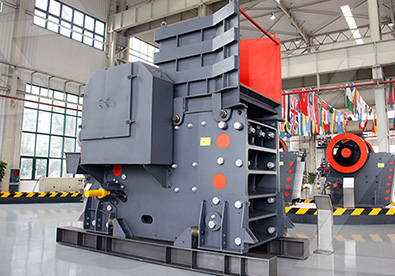When it comes to grinding hard ore for gold mining, selecting the right grinding machine is crucial for efficiency, cost-effectiveness, and optimal gold recovery. Here’s a breakdown of the best options and considerations:
1. Types of Grinding Machines for Hard Ore Gold Mining
Hard ores (e.g., quartz, sulfide ores) require robust grinding solutions to liberate gold particles effectively. The main types include:
 # A. Ball Mill
# A. Ball Mill
– Best for: Medium to fine grinding of hard gold ores.
– How it works: Uses steel balls inside a rotating drum to crush and grind ore.
– Advantages:
– Reliable and widely used in gold mining.
– Can handle both wet and dry grinding.
– Suitable for continuous operation.
– Disadvantages:
– High energy consumption.
– Requires regular maintenance (liner & ball replacement).
# B. Vertical Roller Mill (VRM)
– Best for: Energy-efficient grinding of hard ores.
– How it works: Uses rollers to crush ore against a rotating table.
– Advantages:
– Lower power consumption than ball mills.
– Better particle size control.
– Di vantages:
vantages:
– Higher initial cost.
– Less common in small-scale gold mining.
# C. Hammer Mill (for Coarse Grinding)
– Best for: Initial crushing before fine grinding (e.g., in small-scale operations).
– How it works: Hammers strike ore to break it into smaller pieces.
– Advantages:
– Simple and cost-effective for small miners.
– Good for free-milling gold ores.
– Disadvantages:
– Not suitable for very fine grinding.
# D. Stamp Mill (Traditional but Still Used)
– Best for: Small-scale or artisanal mining of hard rock gold ores.
– How it works: Heavy stamps drop onto ore to crush it repeatedly.
– Advantages:
– Low-tech, easy to maintain.
– Good for remote locations with limited power.
– Disadvantages:
– Low throughput compared to modern mills.
# E. High-Pressure Grinding Rolls (HPGR)
– Best for: Large-scale operations with very hard ores.
– How it works: Compresses ore between two counter-rotating rollers under





Leave a Reply